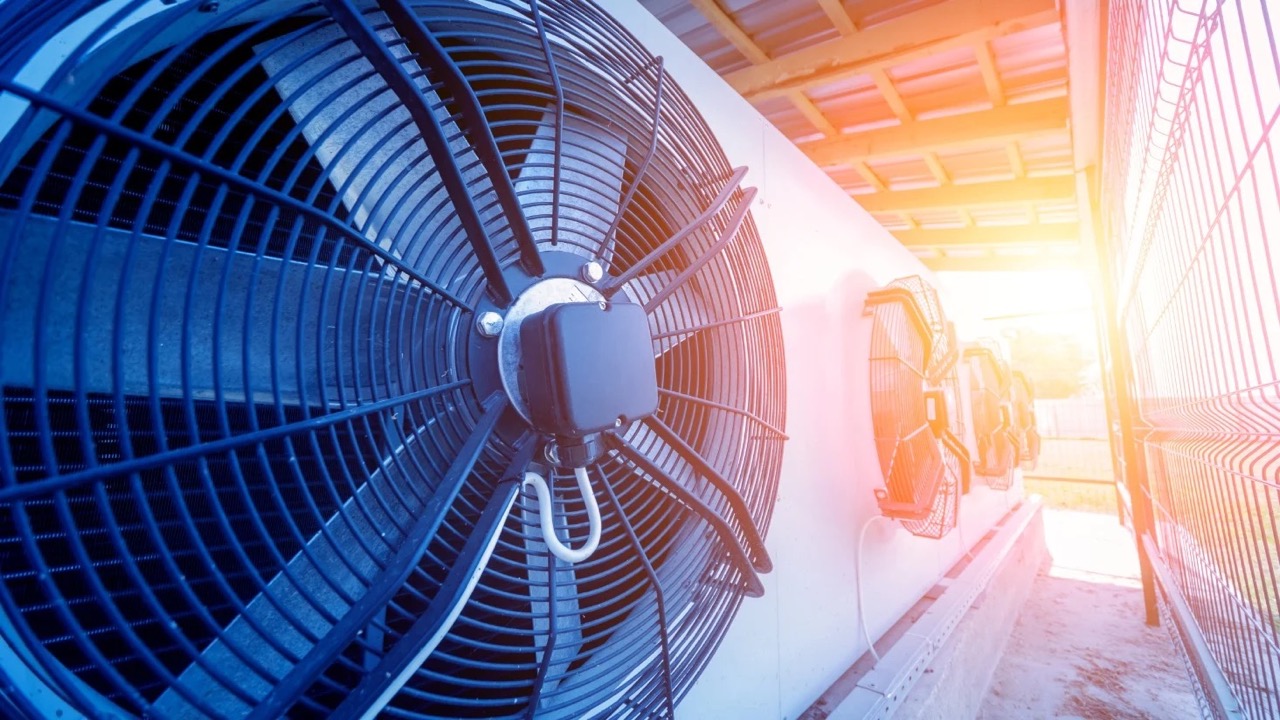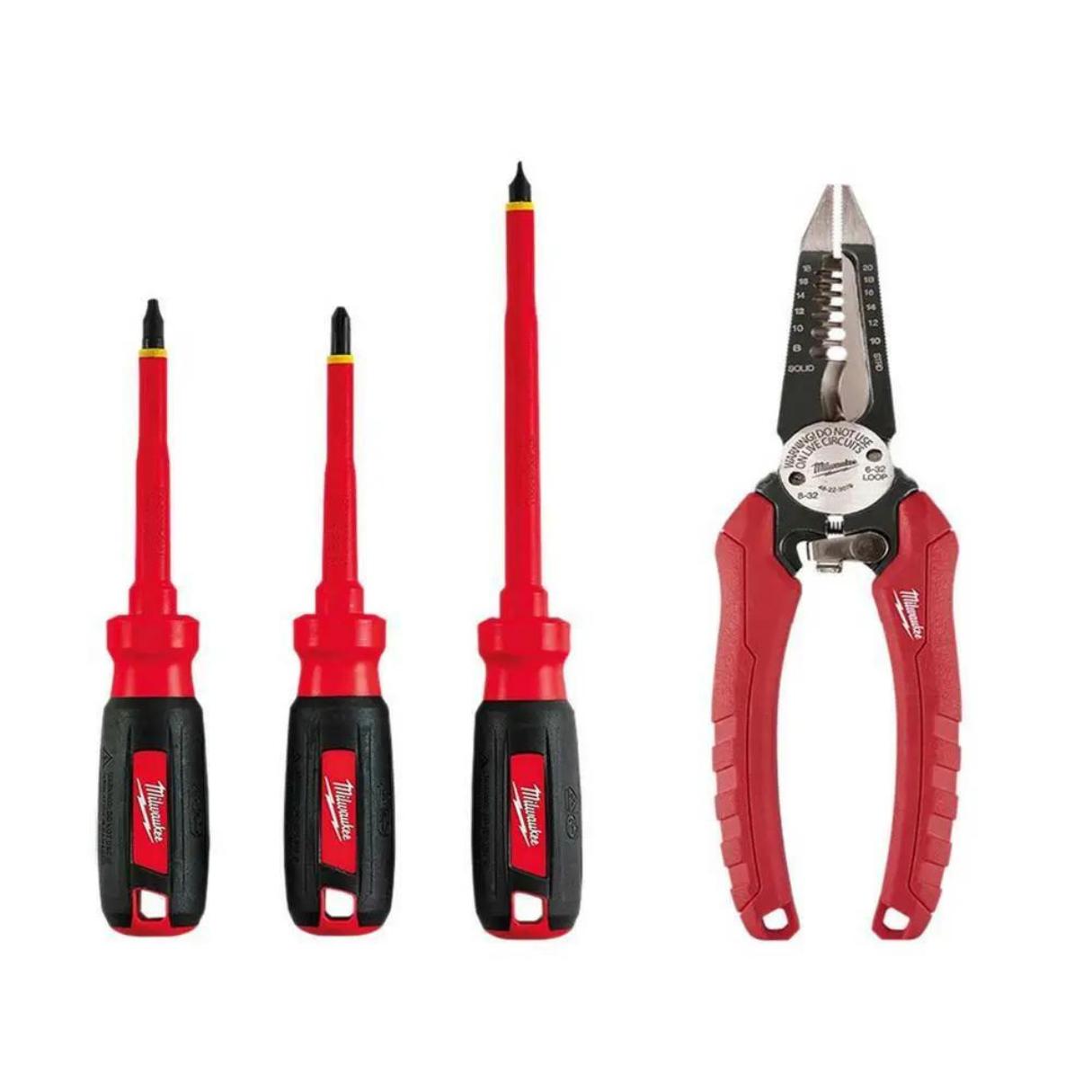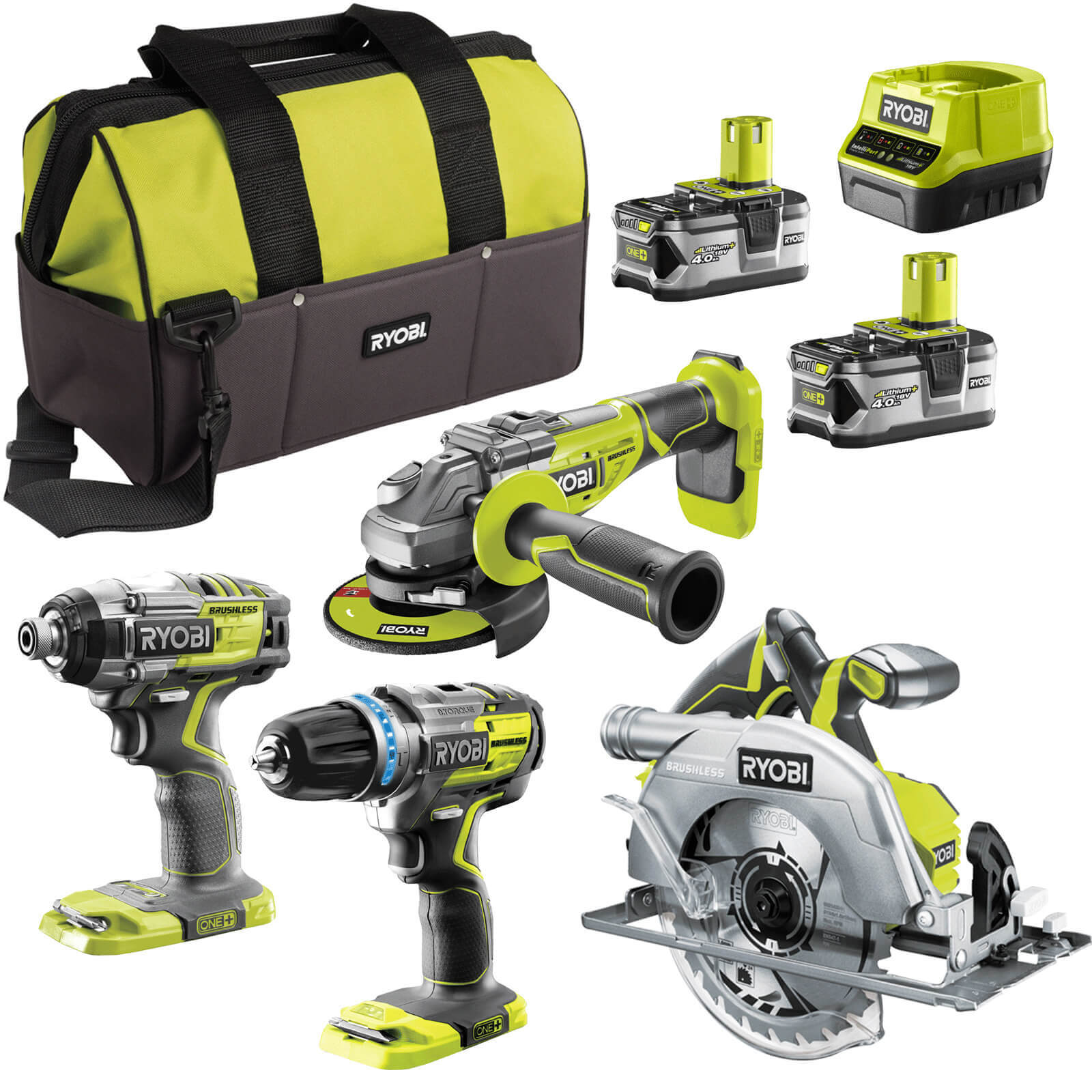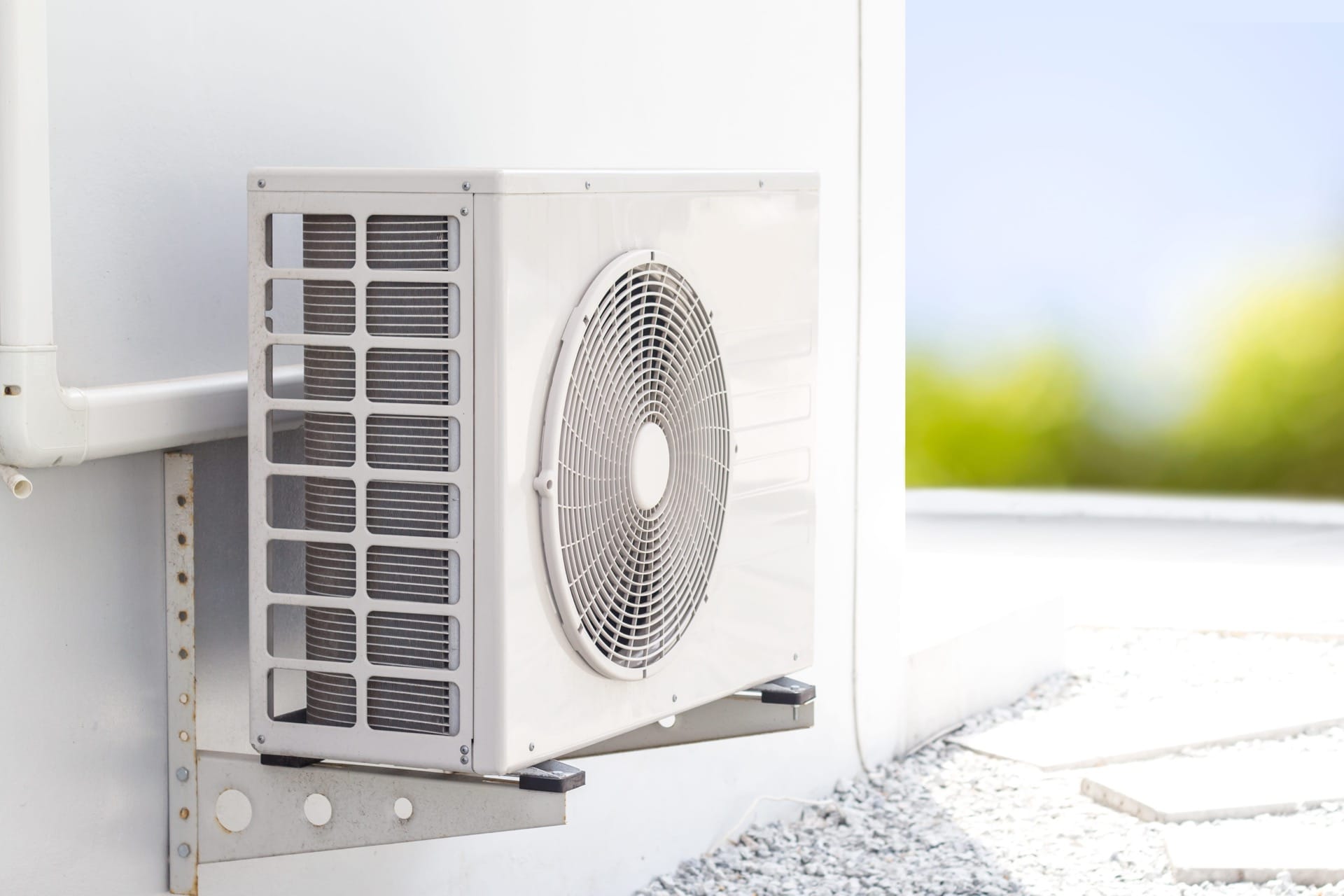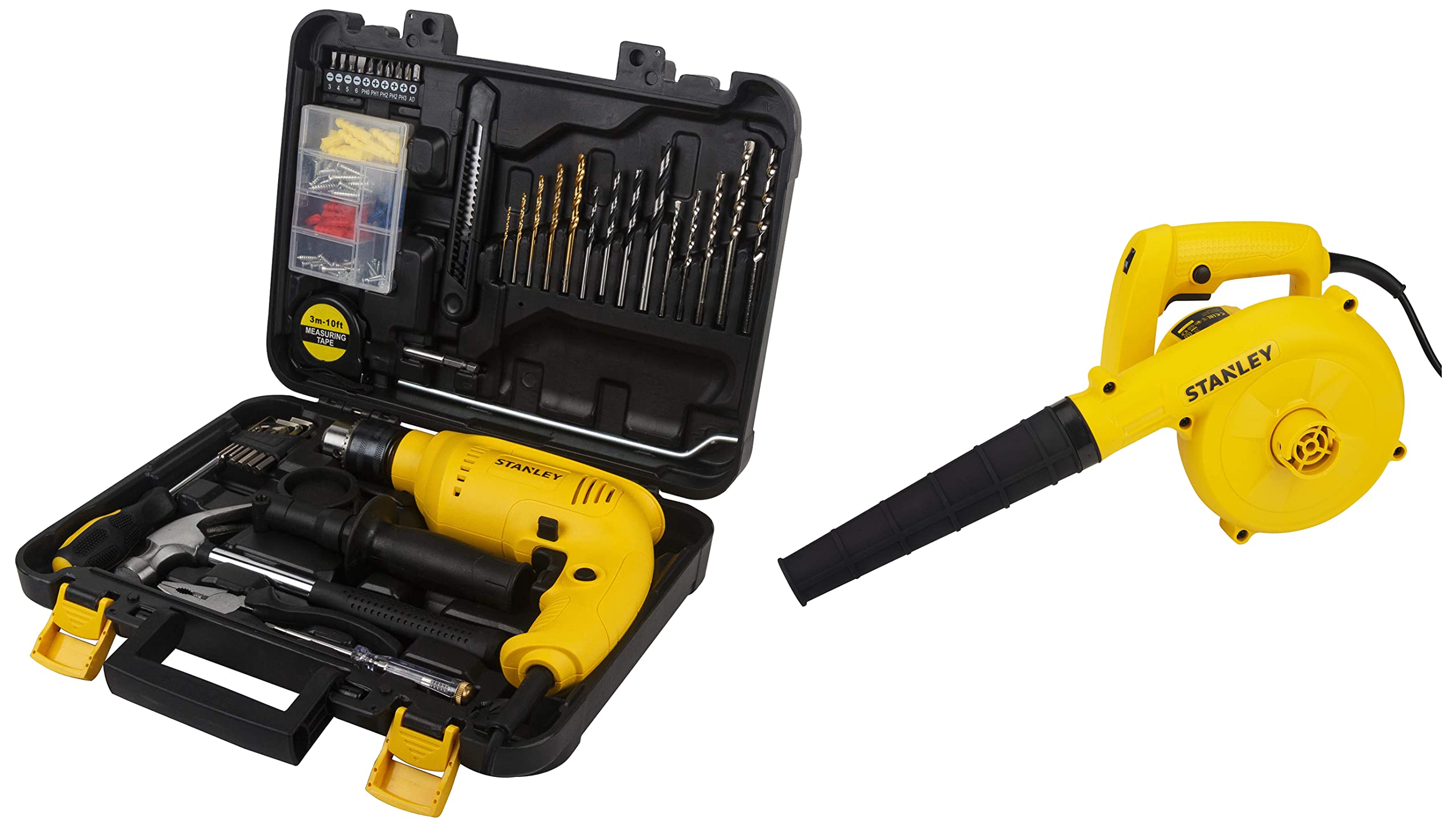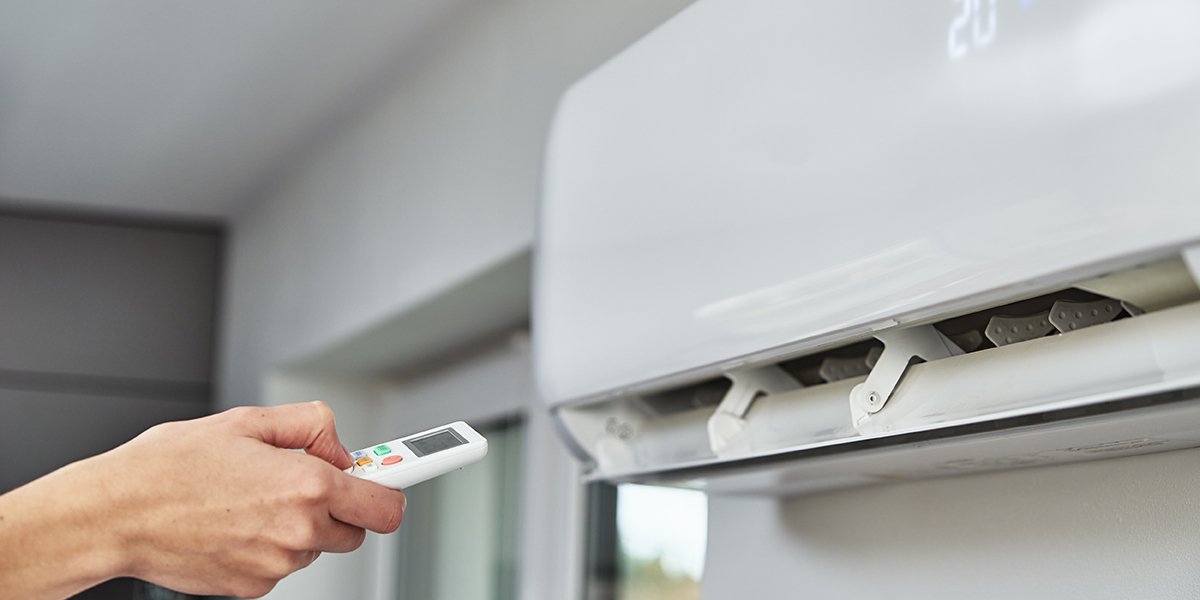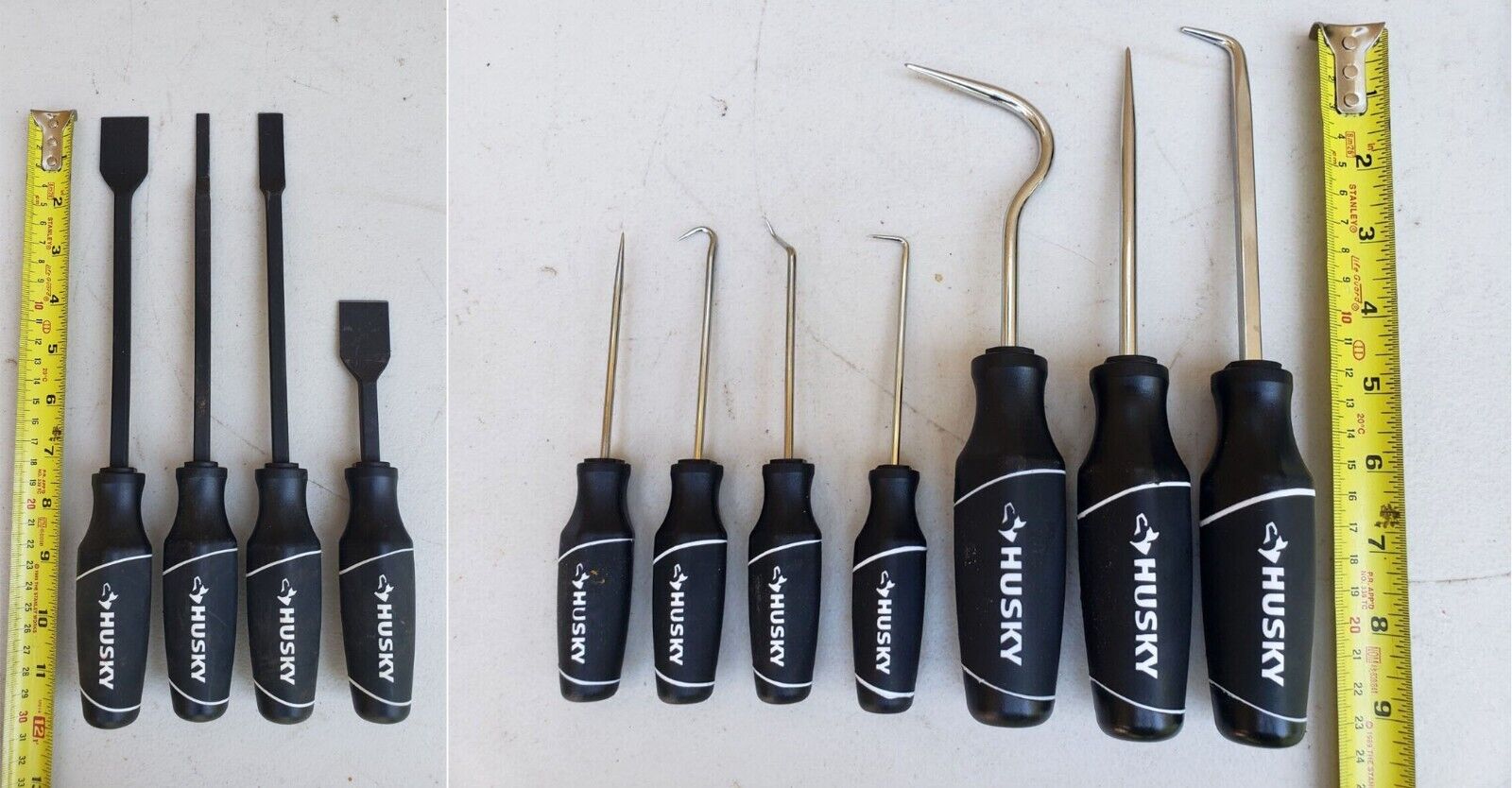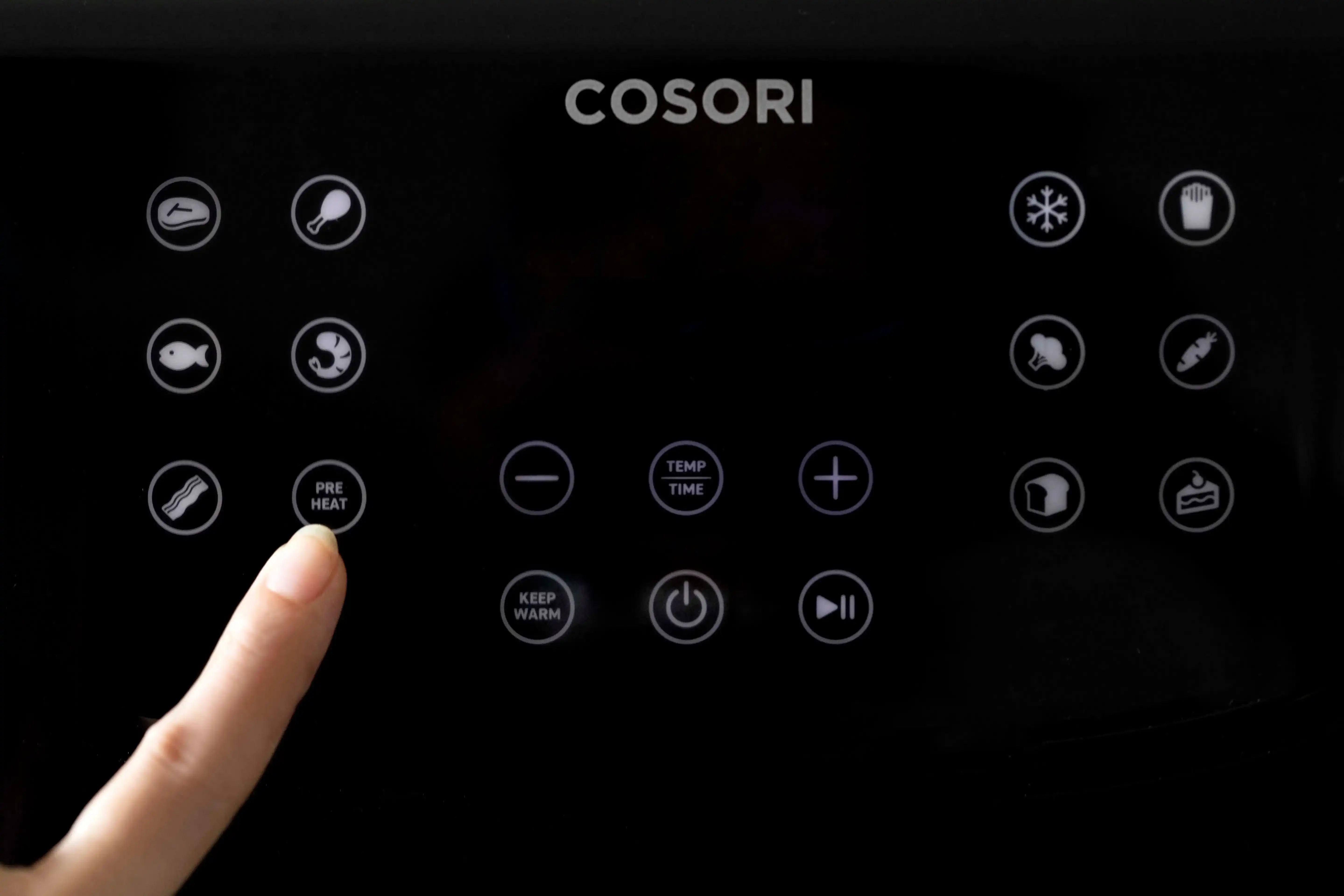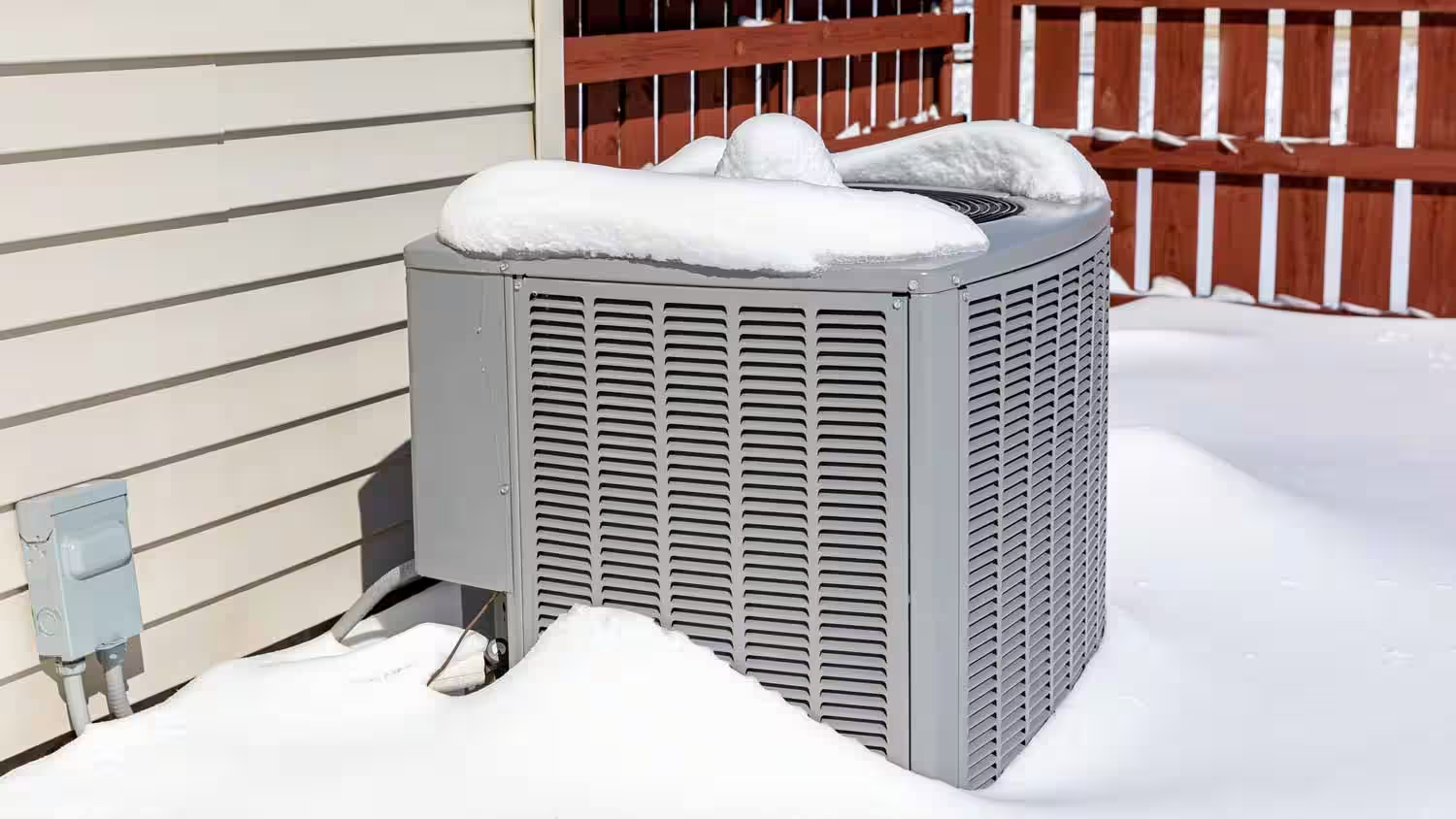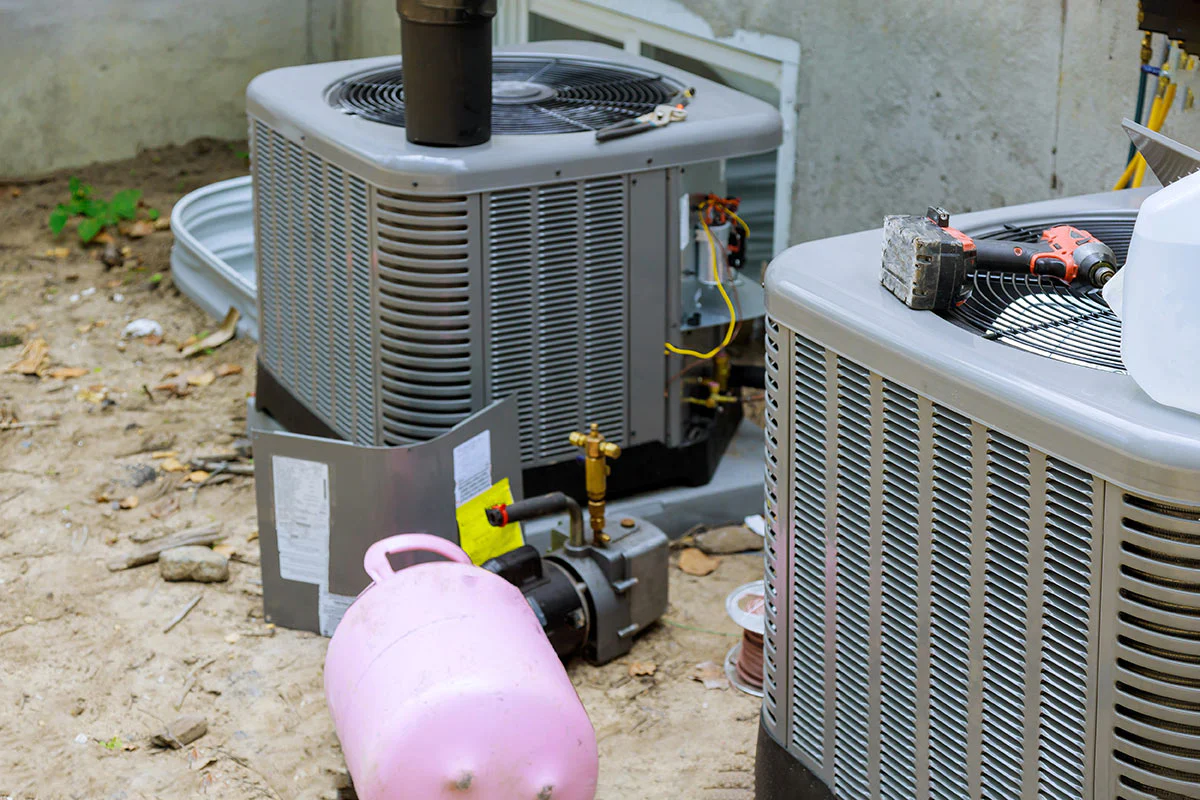Home>Home Maintenance>How Long Is Air Conditioner Warranty
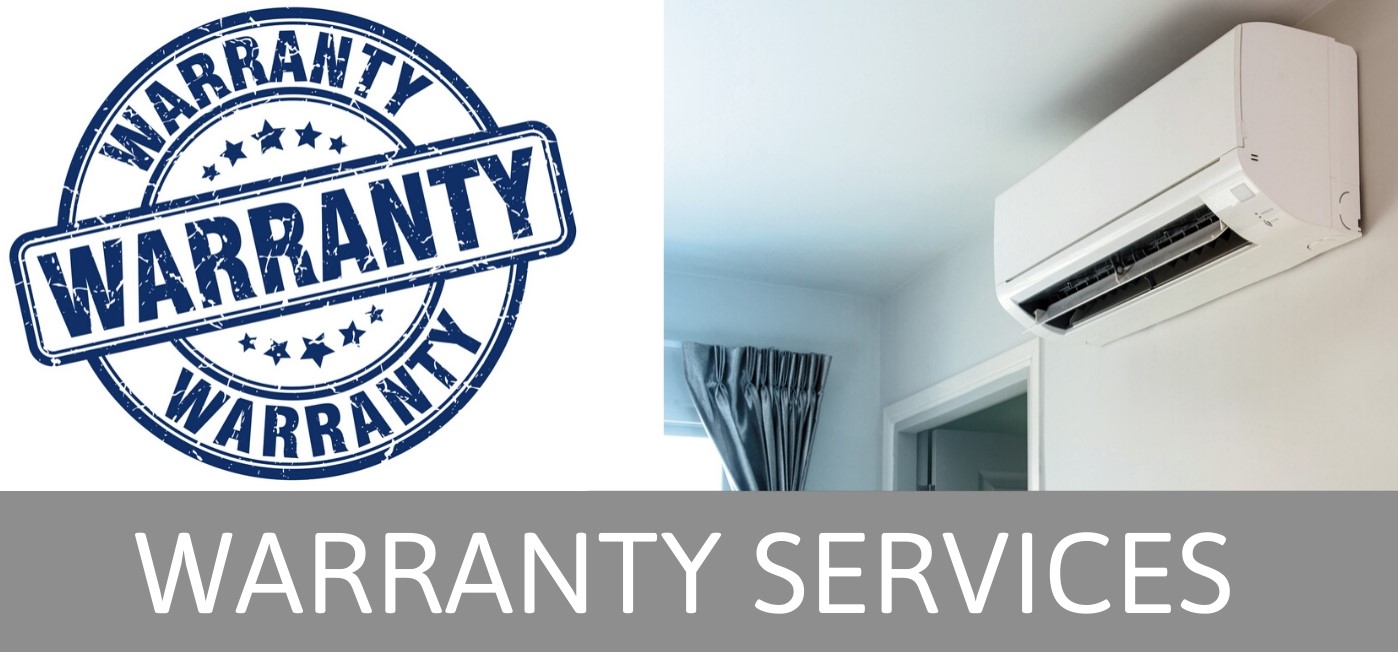

Home Maintenance
How Long Is Air Conditioner Warranty
Modified: March 7, 2024
Find out how long the warranty for your air conditioner lasts. Ensure you have proper home maintenance to protect your investment with our helpful guide.
(Many of the links in this article redirect to a specific reviewed product. Your purchase of these products through affiliate links helps to generate commission for Storables.com, at no extra cost. Learn more)
Introduction
Welcome to the world of air conditioners, where cool comfort is just a switch away. Whether you’re battling the sweltering heat of summer or attempting to create the perfect climate year-round, having a reliable air conditioner is essential. But what happens when your air conditioner unexpectedly breaks down? This is where the importance of an air conditioner warranty comes into play.
In this article, we will delve into the fascinating world of air conditioner warranties. We’ll explore the factors that affect warranty length, the different types of warranties available, and provide insights on typical warranty durations. By understanding the ins and outs of air conditioner warranties, you’ll be well-equipped to make informed decisions when purchasing and maintaining your cooling system.
So, buckle up and brace yourself for a journey through the realm of air conditioner warranties. Let’s dive in!
Key Takeaways:
- Air conditioner warranties provide peace of mind by covering repair or replacement costs for defective units. Factors affecting warranty length include manufacturer reputation, model type, and maintenance requirements.
- To extend your air conditioner warranty, consider purchasing an extended warranty, registering for extended benefits, and maintaining your unit regularly. Understanding warranty duration and coverage is crucial for informed decision-making.
Read more: How Long Is A Roof Warranty
Understanding Air Conditioner Warranties
Before we dive into the specifics of air conditioner warranties, it’s essential to understand what exactly a warranty is. In simple terms, a warranty is a written agreement between the manufacturer and the consumer that guarantees the repair or replacement of a product within a certain period of time if it becomes defective or malfunctions.
When it comes to air conditioners, warranties offer homeowners peace of mind by protecting them from unexpected repair costs. They serve as a commitment from the manufacturer that their product is built to last and will function properly within the specified warranty period.
An air conditioner warranty typically covers defects in materials and workmanship. This means that if your unit fails due to faulty parts or poor craftsmanship, the manufacturer will bear the responsibility of repairing or replacing it. However, it’s important to note that warranties usually do not cover damage caused by mishandling, improper installation, or neglect.
It’s crucial to carefully review the warranty terms and conditions before making a purchase. Pay attention to the coverage period, what is included (such as parts and labor), any exclusions or limitations, and the steps you need to take if you encounter a problem with your unit. Understanding these details will enable you to make the most of your warranty and ensure a smooth resolution in case you need to file a claim.
Now that we have a basic understanding of air conditioner warranties, let’s explore the factors that can affect the length of these warranties.
Factors That Affect Air Conditioner Warranty Length
When it comes to air conditioner warranties, the length can vary significantly depending on several factors. Understanding these factors will help you make informed decisions when selecting an air conditioner and evaluating the associated warranty. Let’s take a closer look at the key factors that can affect the length of an air conditioner warranty:
- Manufacturer: Different manufacturers offer varying warranty lengths. Established and reputable companies often provide longer warranties as a testament to the quality and durability of their products. It’s crucial to research and choose a reliable manufacturer known for producing high-quality air conditioning systems.
- Model and Type of Air Conditioner: The specific model and type of air conditioner you choose can also influence the warranty length. Certain models or types may have longer warranty coverage due to their advanced features, superior components, or higher price point.
- Components Covered: Warranties can vary in terms of what specific components are covered. Some warranties may only cover major components like the compressor, while others may provide comprehensive coverage for various parts and labor. Understanding the extent of coverage will help you assess the value of the warranty.
- Professional Installation: Proper installation by a certified professional is crucial to the performance and longevity of your air conditioner. Many manufacturers require professional installation to validate the warranty. Failure to comply with this requirement may void the warranty or result in reduced coverage.
- Maintenance Requirements: Regular maintenance is essential to keep your air conditioner functioning optimally. Some manufacturers may include specific maintenance requirements in the warranty terms. Failure to adhere to these requirements may affect the warranty coverage. It’s important to understand and follow the recommended maintenance guidelines to preserve your warranty.
- Registered Warranty: In some cases, manufacturers may offer an extended warranty or additional benefits if you register your product within a certain timeframe. Make sure to complete the warranty registration process to take full advantage of any available perks or coverage extensions.
- Transferability: If you plan to sell your home or transfer ownership of the air conditioner, it’s crucial to consider whether the warranty is transferable. Some warranties may allow the new homeowner to continue enjoying the coverage, while others may not.
By considering these factors, you can gain a better understanding of what to expect from an air conditioner warranty and make an informed decision that suits your needs. In the next section, we’ll explore the different types of air conditioner warranties available in the market.
Types of Air Conditioner Warranties
Air conditioner warranties come in various forms, each offering different levels of coverage and protection. Understanding the different types of warranties can help you choose the right one for your air conditioning system. Let’s explore the most common types of air conditioner warranties:
- Manufacturer’s Warranty: This is the standard warranty that comes with the purchase of a new air conditioner. It is provided by the manufacturer and typically covers parts and labor for a specific period of time, such as 1 to 10 years. The length and coverage may vary depending on the manufacturer and the specific model. Manufacturer’s warranties are usually included in the purchase price of the air conditioner, offering a basic level of protection against defects in materials and workmanship.
- Extended Warranty: An extended warranty, also known as a service agreement or extended service plan, is an optional additional warranty that extends the coverage beyond the manufacturer’s warranty period. Extended warranties can vary in length and coverage, and they often come at an additional cost. Purchasing an extended warranty provides peace of mind and protection against unexpected repair costs for a longer period of time. It is important to carefully read and understand the terms and conditions of the extended warranty to determine its value and suitability for your needs.
- Component-Specific Warranty: Some manufacturers offer component-specific warranties that provide coverage for specific parts or components of the air conditioner. For example, a compressor warranty may offer a longer coverage period compared to other parts. These warranties are designed to address potential issues with critical components that are more prone to failure. Component-specific warranties can be valuable, especially for high-cost components, as they provide extra protection and reduce repair costs for the specified parts.
- Labour Warranty: In addition to parts coverage, some warranties also include labor coverage. Labor warranties ensure that the cost of labor for repair or replacement is covered during the warranty period. This can be particularly beneficial as labor costs can add up significantly in air conditioner repairs. Having a labor warranty can provide financial relief and peace of mind, knowing that both parts and labor costs are taken care of.
- Third-Party Warranty: While most warranties are provided by the manufacturers themselves, there are also third-party warranty providers in the market. Third-party warranties are typically offered by independent companies that specialize in warranty services. These warranties can be an alternative to manufacturer warranties or can complement existing warranties. It is important to thoroughly research and evaluate third-party warranty providers to ensure they offer reliable coverage and customer support.
Understanding the different types of air conditioner warranties can help you navigate the warranty landscape and choose the best coverage for your needs. In the next section, we’ll delve into the typical duration of air conditioner warranties.
Air conditioner warranties typically range from 5 to 10 years, but it’s important to check the specific terms and conditions of your warranty to understand what is covered and for how long. Regular maintenance can also help extend the life of your unit.
Typical Duration of Air Conditioner Warranties
When it comes to the duration of air conditioner warranties, there is no one-size-fits-all answer. The length of warranties can vary depending on the manufacturer, model, and type of air conditioner. However, there are some general guidelines to give you an idea of what to expect. Let’s explore the typical duration of air conditioner warranties:
Manufacturer’s warranties, which are included with the purchase of a new air conditioner, usually range from 1 to 10 years. The most common duration is 5 years, providing coverage for parts and sometimes labor. It’s important to note that the length of the warranty may differ for specific components, such as the compressor, which may have a longer warranty period of 10 years or more.
Extended warranties, which are additional coverage options, can extend the warranty period beyond the manufacturer’s warranty. These warranties can vary in length, typically ranging from 1 to 5 years. It’s important to carefully review the terms and conditions of the extended warranty to understand the duration and coverage it provides.
It’s worth mentioning that some manufacturers offer extended parts warranties for specific models or registration incentives. These can provide additional coverage for certain parts of the air conditioner or extend the overall warranty duration. Make sure to explore these options when purchasing your air conditioner.
Another factor to consider is whether the warranty coverage is for parts only or includes labor as well. While some warranties cover both parts and labor, others may only cover parts, with labor costs being the responsibility of the homeowner. Knowing the extent of coverage is essential to avoid any unexpected expenses.
Keep in mind that warranty lengths can also be influenced by factors such as the type and complexity of the air conditioner. For example, central air conditioning systems often have longer warranty periods compared to window or portable units. Additionally, premium or high-end models may come with longer warranty coverage due to their advanced features and components.
To determine which warranty duration is suitable for your needs, consider factors such as the estimated lifespan of the air conditioner, the manufacturer’s reputation, and your budget. It’s important to weigh the cost of the warranty against the potential repair costs after the manufacturer’s warranty expires.
Now that we have explored the typical duration of air conditioner warranties, let’s move on to the factors to consider when evaluating warranty length.
Read more: How Long Are Mattress Warranties
Factors to Consider When Evaluating Warranty Length
When assessing the length of an air conditioner warranty, it’s essential to consider various factors to ensure you make an informed decision. Here are some key factors to evaluate when evaluating warranty length:
- Manufacturer’s Reputation: The reputation of the manufacturer is a crucial factor to consider when evaluating warranty length. Established and reputable manufacturers often provide longer warranty periods as a testament to the quality and reliability of their products. Research the manufacturer’s track record, customer reviews, and industry reputation to gauge their commitment to customer satisfaction.
- Expected Lifespan of the Air Conditioner: Understanding the estimated lifespan of the air conditioner can help determine the appropriate warranty length. A longer warranty period may be more beneficial for an air conditioner expected to have a shorter lifespan. Conversely, if the unit is known for its durability and longer lifespan, a shorter warranty may suffice.
- Repair and Replacement Costs: Consider the potential repair and replacement costs of the air conditioner beyond the warranty period. Evaluate the average cost of common repairs and compare it to the cost of purchasing an extended warranty. If the potential repair costs outweigh the cost of the extended warranty, it may be wise to invest in additional coverage.
- History of Common Issues: Research common issues or known problems with the specific air conditioner model or brand. If there is a history of reliability issues or frequent repairs, opting for a longer warranty can provide valuable peace of mind and protection against these potential issues.
- Availability of Local Service Providers: Check the availability of authorized service providers in your area. Ensure that there are qualified technicians who can effectively diagnose and repair the air conditioner. Some manufacturers may require authorized service providers for warranty claims, so it’s crucial to assess their proximity and expertise.
- Additional Coverage Options: Explore any additional coverage options available, such as extended warranties or component-specific warranties. These additional coverage options can provide extra protection for specific parts or extend the overall warranty period. Evaluate the cost of these options against the potential benefits to determine their value.
- Cost vs. Value: Consider the cost of the warranty in relation to its value. A longer warranty may come at a higher cost, and it’s important to assess whether the additional coverage is worth the investment. Compare the warranty length, coverage, exclusions, and cost across different manufacturers or warranty providers to find the best balance of value and price.
- Transferability and Home Resale: If you plan to sell your home before the warranty period expires, consider whether the warranty is transferable to the new homeowner. A transferable warranty can increase the resale value of your home and provide a selling point.
By carefully considering these factors, you can evaluate the warranty length and coverage options available to make a well-informed decision. Remember, warranty length is just one aspect to consider. It’s equally important to assess the overall quality, reliability, and reputation of the air conditioner and the manufacturer.
Now that we’ve covered evaluating warranty length, let’s explore how you can extend your air conditioner warranty.
Extending Your Air Conditioner Warranty
If you want to enhance your air conditioner warranty coverage beyond the standard manufacturer’s warranty, there are several options available to extend the warranty period. Here are some ways to extend your air conditioner warranty:
- Purchase an Extended Warranty: The most straightforward way to extend your air conditioner warranty is by purchasing an extended warranty. Many manufacturers offer extended warranty options that allow you to extend the coverage beyond the initial warranty period. These extended warranties typically come at an additional cost, but they provide peace of mind knowing that your air conditioner is protected for a more extended period. When considering an extended warranty, be sure to review the terms and conditions to understand the coverage, exclusions, and any additional requirements.
- Register for Extended Benefits: Some manufacturers offer additional benefits or extended warranty coverage if you register your air conditioner within a specific timeframe. It’s important to complete the warranty registration process to take advantage of these benefits. Registration may enable you to access extended coverage, exclusive promotions, or priority customer service. Check the manufacturer’s website or contact their customer support to learn about any registration incentives offered.
- Consider Component-Specific Warranties: In addition to the standard warranty, some manufacturers offer component-specific warranties that focus on critical parts of the air conditioner. These warranties can provide extended coverage for specific parts, such as the compressor or the fan motor. Investing in component-specific warranties can be beneficial if certain parts are prone to failure or require more frequent repairs. Be sure to carefully review the terms and coverage details of these warranties before making a decision.
- Explore Third-Party Warranty Providers: While manufacturer warranties are the most common option, there are also third-party warranty providers in the market. These independent companies specialize in warranty services and may offer extended warranty options for your air conditioner. It’s important to thoroughly research and evaluate third-party warranty providers to ensure they offer reliable coverage and have a good reputation in the industry.
- Maintain Your Air Conditioner Regularly: Proper maintenance plays a crucial role in preserving the performance and longevity of your air conditioner. Regularly servicing your unit, cleaning or replacing filters, and addressing any issues promptly can help prevent major breakdowns and extend the lifespan of your air conditioner. By effectively maintaining your unit, you can reduce the likelihood of needing to make warranty claims and ensure that your warranty coverage remains valid.
- Inquire About Installation Warranties: When purchasing a new air conditioner, inquire about installation warranties from the contractor or company performing the installation. Some contractors offer installation warranties as an additional layer of protection. These warranties typically cover issues that arise from faulty installation or workmanship, providing added peace of mind.
By considering these options, you can extend the warranty coverage of your air conditioner, providing you with greater protection against unexpected repair costs. Always review the terms and conditions of any extended warranty or additional coverage to ensure you fully understand the details of the extended warranty agreement.
Now that we’ve explored how to extend your air conditioner warranty, let’s conclude our in-depth look at air conditioner warranties.
Conclusion
Air conditioner warranties are an essential aspect of owning a cooling system. They provide peace of mind, protect against unexpected repair costs, and ensure that your investment is backed by the manufacturer. Throughout this article, we have explored the world of air conditioner warranties, understanding their purpose, factors that affect the length, different types available, and how to extend them.
When evaluating warranty length, it’s important to consider factors such as the manufacturer’s reputation, expected lifespan of the air conditioner, repair costs, common issues, service provider availability, and additional coverage options. By taking these factors into account, you can make an informed decision that suits your needs and budget.
Typically, manufacturer’s warranties range from 1 to 10 years, with extended warranties available for additional coverage. Understanding the duration and coverage provided by the warranty is crucial in assessing its value. Additionally, reviewing the terms and registering for extended benefits can offer added advantages.
If you want to extend your warranty, options include purchasing an extended warranty, considering component-specific warranties, exploring third-party warranty providers, maintaining your air conditioner regularly, and inquiring about installation warranties. These options can provide you with added protection and coverage beyond the standard warranty period.
Remember, warranties are just one aspect to consider when purchasing an air conditioner. It’s equally important to select a reliable manufacturer, ensure professional installation, and properly maintain your unit to maximize its lifespan and efficiency.
By understanding air conditioner warranties and making informed decisions, you can enjoy the comfort and peace of mind that comes with a reliable cooling system. Stay cool, and may your air conditioner journey be filled with effortless comfort and worry-free operation!
Frequently Asked Questions about How Long Is Air Conditioner Warranty
Was this page helpful?
At Storables.com, we guarantee accurate and reliable information. Our content, validated by Expert Board Contributors, is crafted following stringent Editorial Policies. We're committed to providing you with well-researched, expert-backed insights for all your informational needs.
